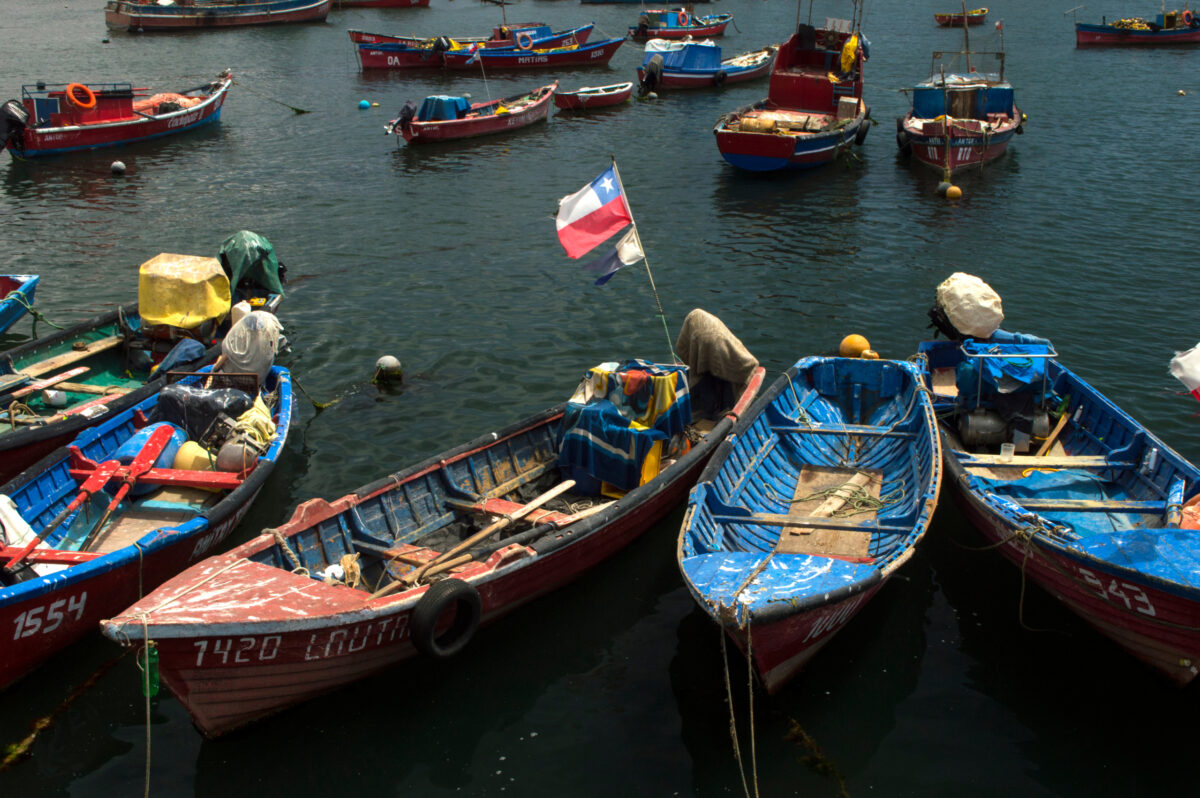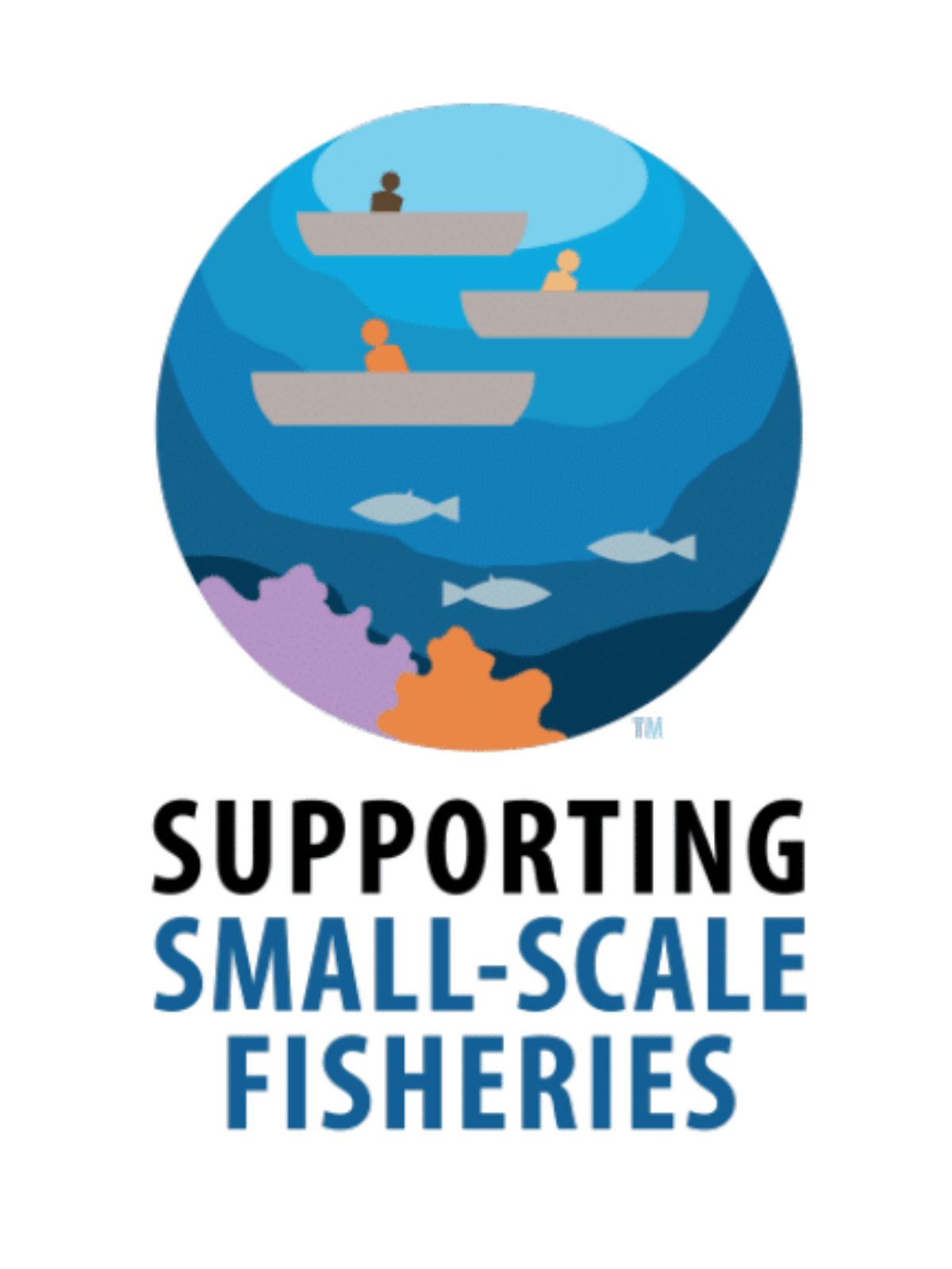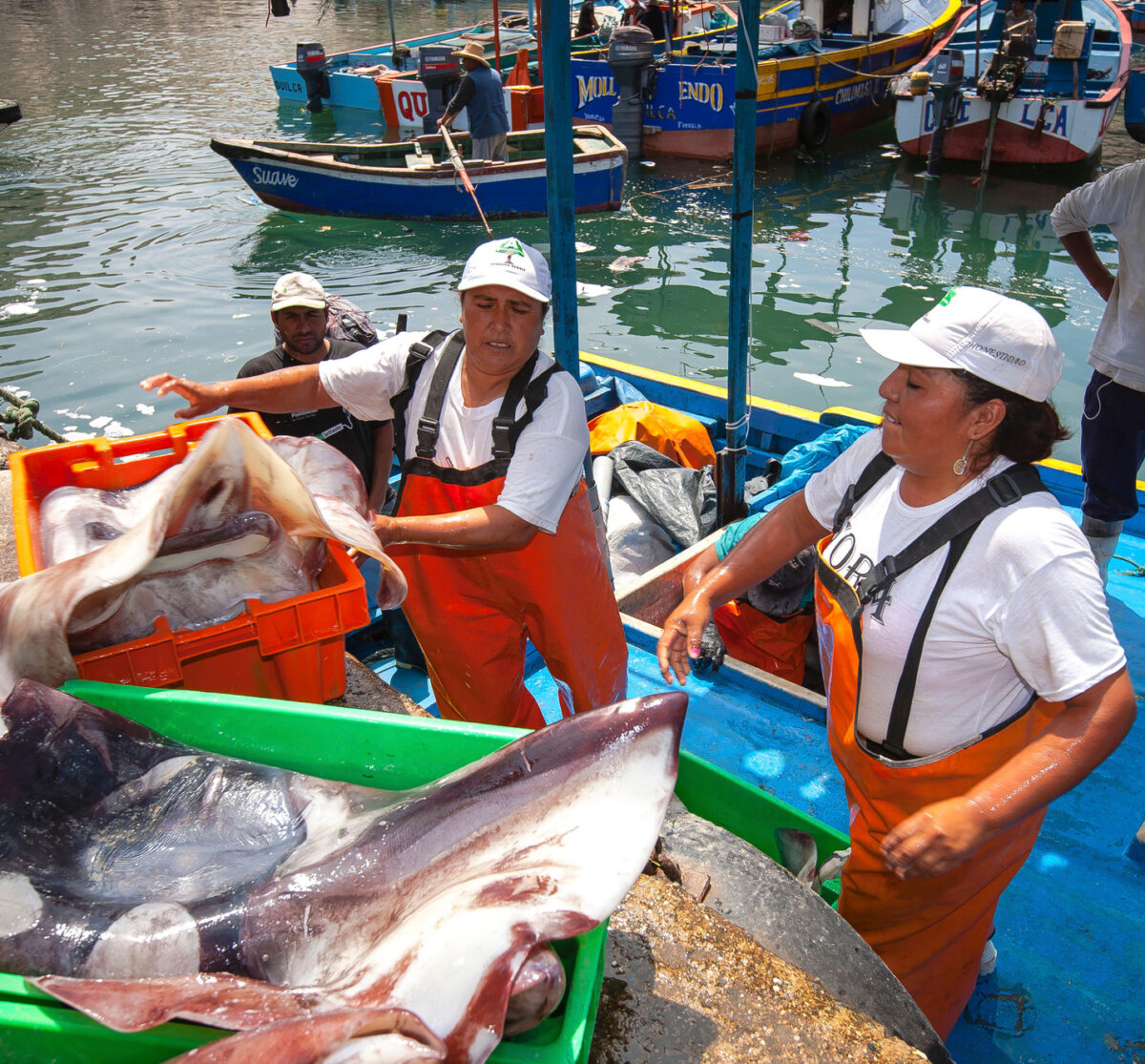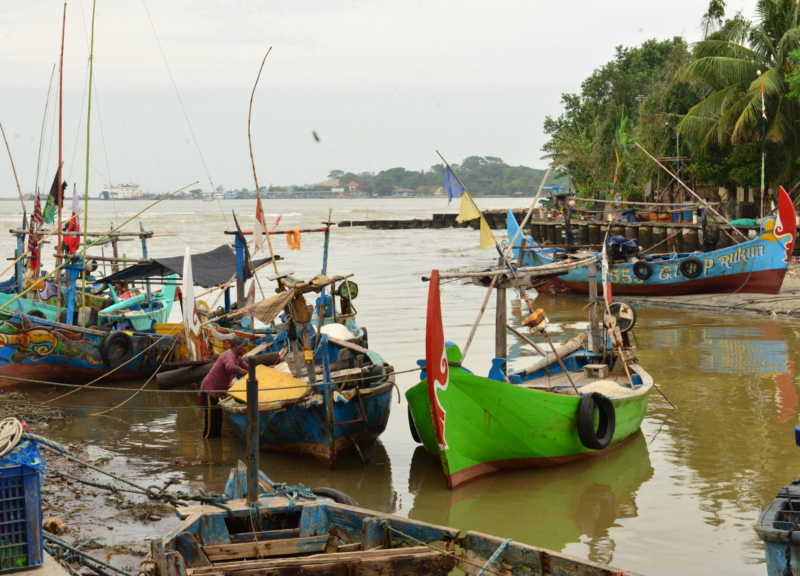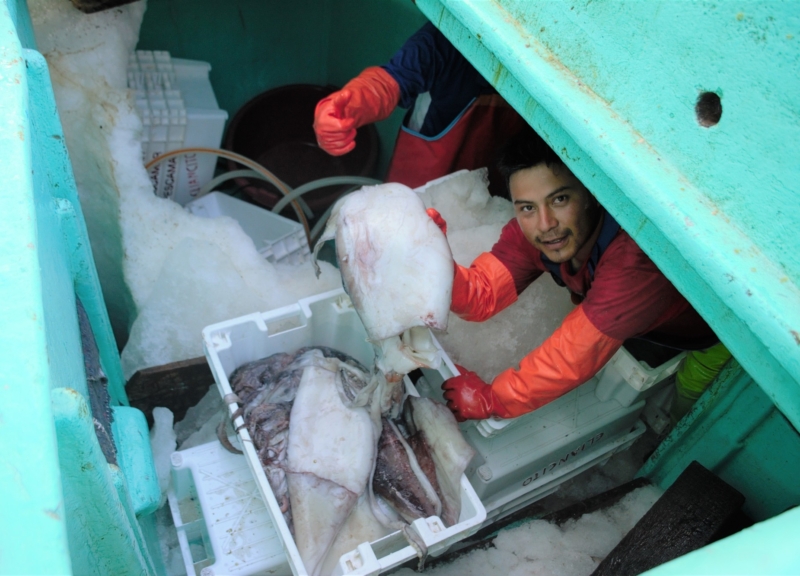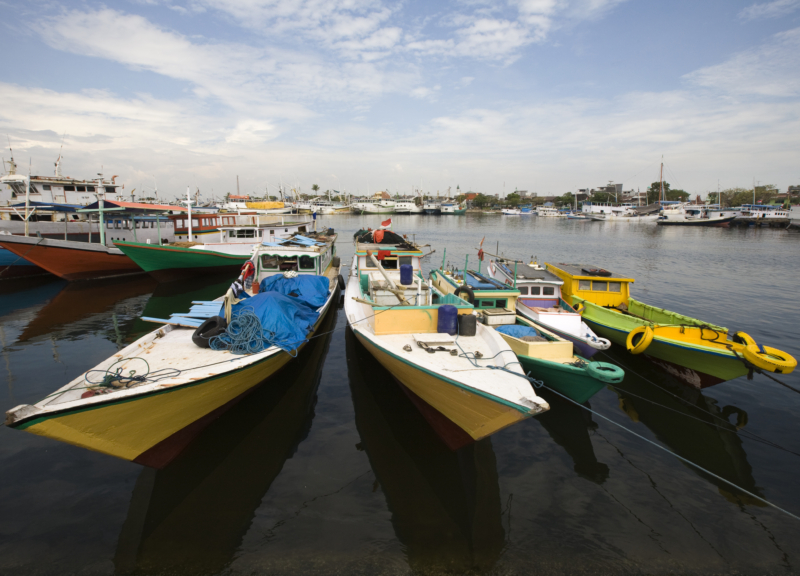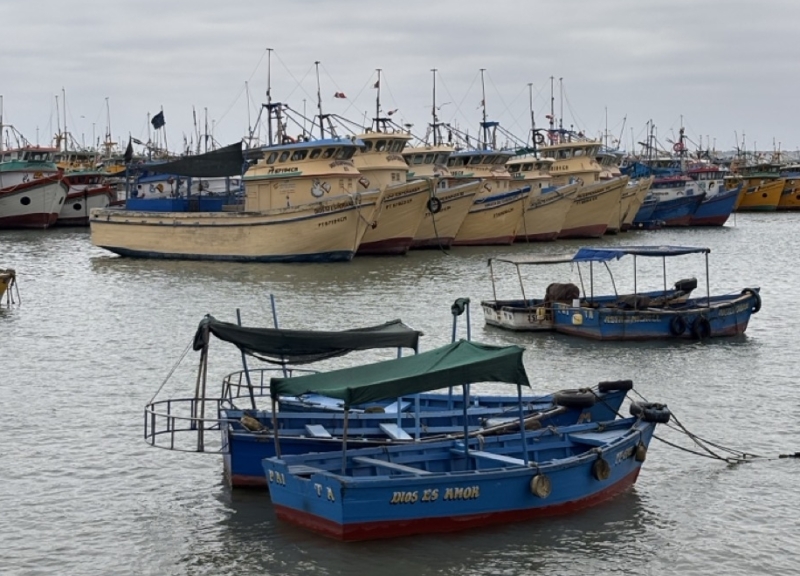Resilient Communities
Co-management in small-scale fisheries
Co-management benefits the entire supply chain.
Fisheries co-management is a partnership approach, where government and the fishery resource users share the responsibility and authority for the management of a fishery or fisheries in an area, based on collaboration between themselves and with other stakeholders.
However, many small-scale fisheries are operated by fishers who lack legal fishing rights and are not engaged in the governance system used to develop fishery management measures. This often leads to a system of management where one of the key fishery stakeholders – the fishers themselves – has been marginalized and excluded from the process.
Co-management offers opportunities to improve sustainability efforts through inclusive participation of all stakeholders.
Four key principles and pre-conditions must exist for co-management to be successful
- Access to Legal Fishing Rights: Fishers need to be officially recognized as having the right to fish before they can participate in fishery management. This means that fishers and vessels have to be registered and have fishing permits.
- Organizational Development and Leadership Capacity of Fishers: Co-management requires representative organizations that can both mobilize fishers in collective action and act on their behalf on a number of fronts, including the development of policies to improve the fisheries sector, the conservation of resources, and protection and restoration of nature.
- Effective Participation of Fishers in Decision Making: The participation of fishers should occur within an official framework that creates clear opportunities for fishers to engage in the decision-making process at all relevant levels.
- Balancing rights and responsibilities: As stakeholders in the governance system, fishers also have the ability and responsibility to contribute their expertise and knowledge to managing the fishery through participation in science and research that can support management, natural resource conservation, and environmental protection.
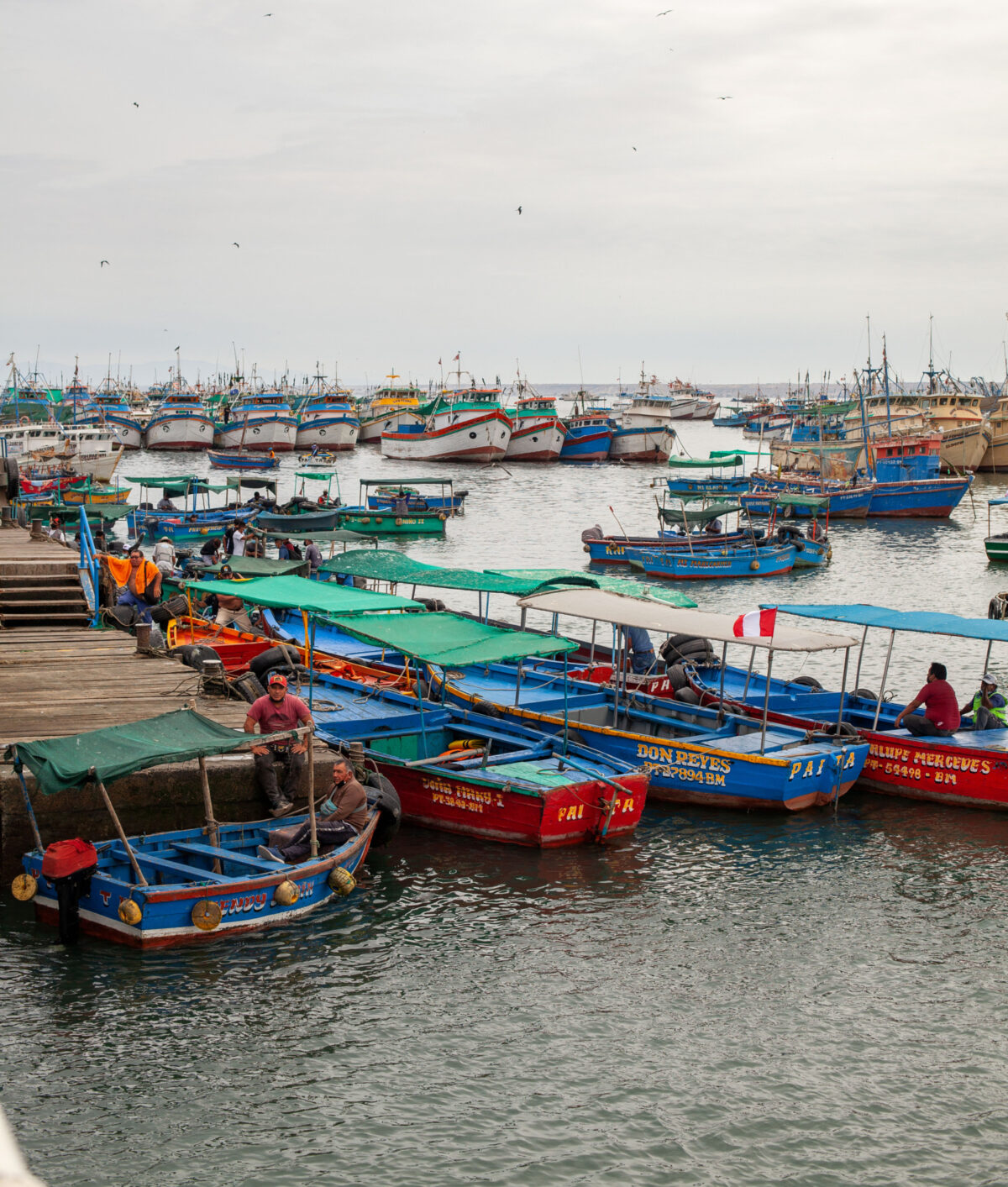
The Benefits of Co-management
- Environmental: When resource users are engaged in decision making it increases the knowledge base available to make informed policies and can result in better managed fisheries and healthier ecosystems.
- Social: When fishers are engaged in decision making, their communities are empowered to better address wider social challenges that they face.
- Economic: When fishers are fully engaged in co-management, it leads to better fishery management that can result in improved economic returns through the reduction of potential inequities in the supply chain.
Co-management in action
SFP has worked with fishing communities around the world to support fishers in gaining legal rights, organizing to advocate for change, and participating in decision making at all levels of government.
What Can I Do?
Learn more about how you can support co-management and give fishers a greater voice in decision making and fisheries management.
Related Publications and Resources
